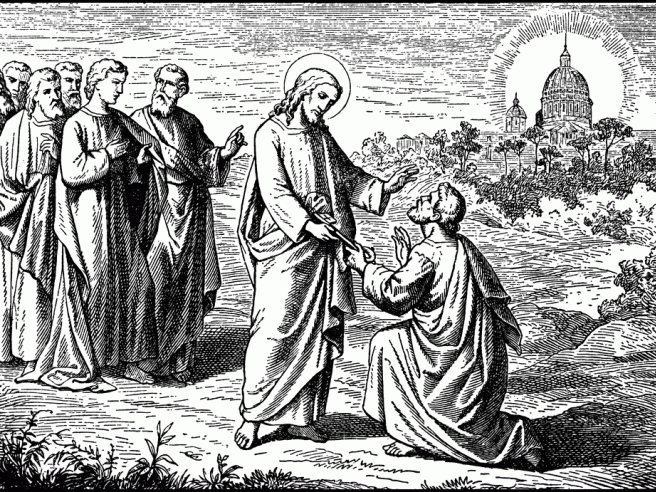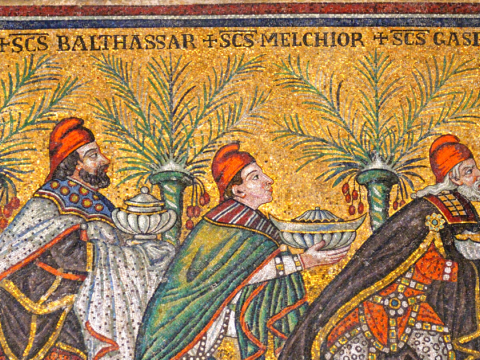The Good Thing: Thoughts on the Confession of St. Peter
Let me begin with the story of two Rhodes Scholars. One is named William Jefferson Clinton. He went to Georgetown University on scholarship, Oxford on the Rhodes Scholarship, and Yale Law School. He served as the 40th and 42nd Governor of Arkansas and before that was Arkansas’ Attorney General. In 1992, Clinton became President of the United States and in 1996 the first Democrat since Franklin D. Roosevelt to be elected to a second term.
Read more









